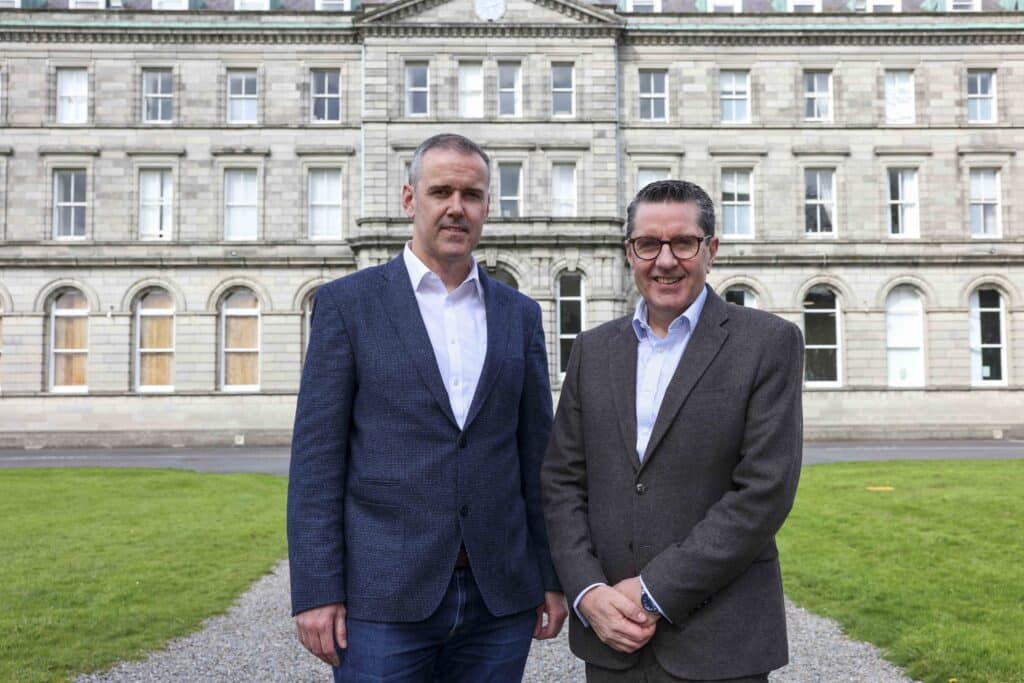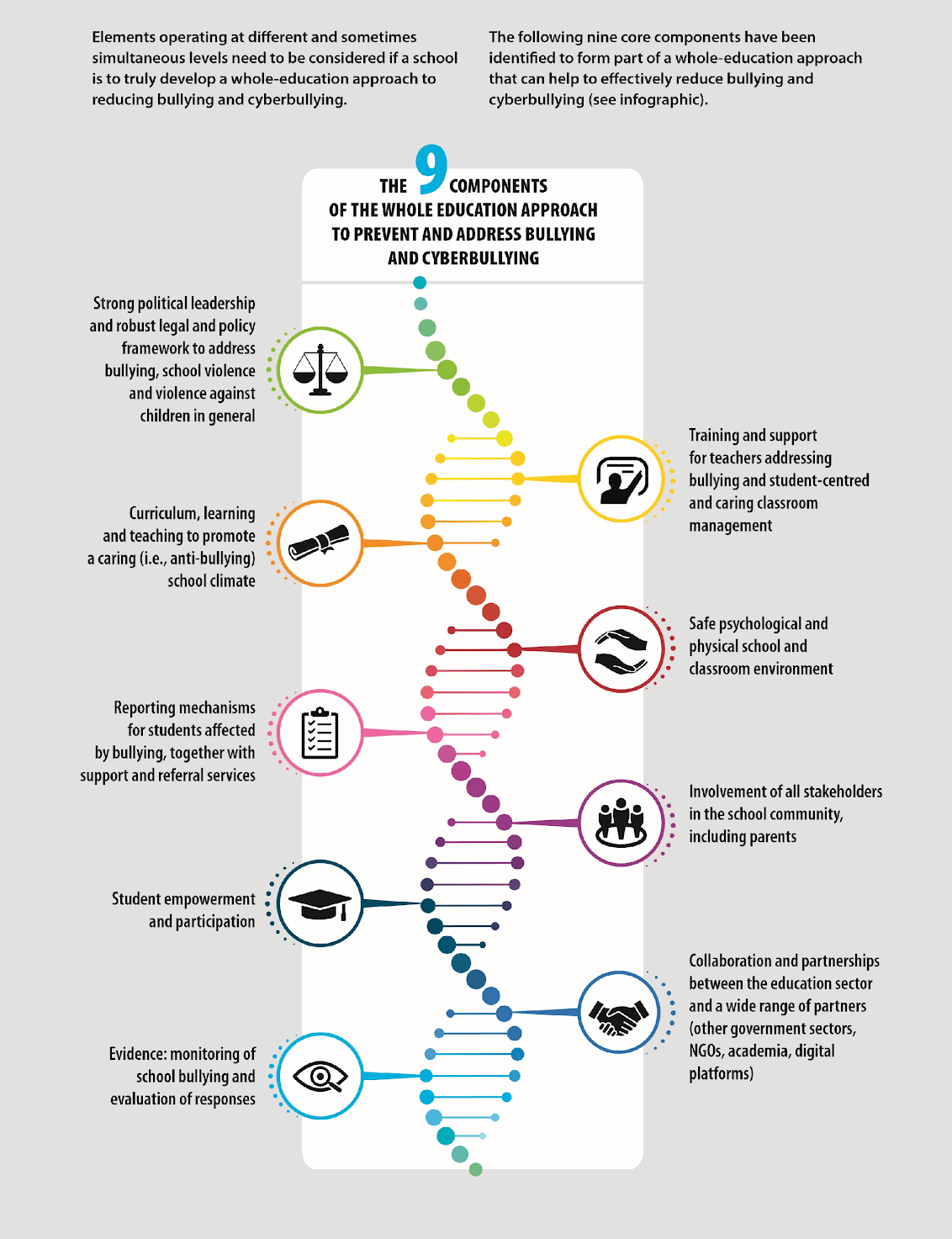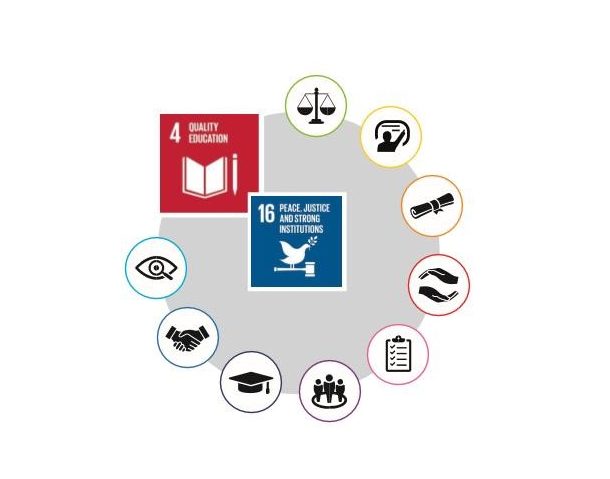DCU Institute of Education
Dean’s Research Fellow (One Semester)
DCU Anti-Bullying Centre
Background
DCU Anti-Bullying Centre (ABC) is a university designated research centre located in DCU Institute of Education. In line with DCU’s Strategy, the core mission of DCU Anti-Bullying Centre is to be a future focused and globally connected European centre of excellence for research and education on bullying and digital safety.
Through scholarly outputs, education, and societal engagement, the Centre significantly contributes to DCUs research reputation and impact, while enhancing local and international engagement. The Centre comprises approximately 50 members who are engaged in research and education related to bullying and digital safety. The Centre hosts the UNESCO Chair on Bullying and Cyberbullying and the International Journal of Bullying Prevention. From 2018 to 2022 the Centre published 192 Scopus ranked papers, achieving a current combined Field Weighted Citation Index of 2.7.
Members of the Centre are drawn from all five faculties of the university and are united by our purpose and the mutual support from our global community to achieve our aims. We take pride in our ethical way of working and the positive social impact our research has on tackling bullying and promoting digital safety. We believe our spirit will flourish because we are ethical, ambitious, collaborative, compassionate and committed to tackling bullying and digital safety for wellbeing in society.
The Role
The Centre is pleased to announce a new and exciting opportunity for an early to mid-career academic in DCU Institute of Education who is interested in pursuing research related to bullying and/or digital safety and education.
The Dean’s Research Fellowship will allow an ambitious individual to be seconded to the Centre from mid-August 2024 to end of January 2025 to undertake a specific study that will enhance their research profile as well as contribute to the canon of research associated with the Centre.
The Fellow will be based in the Centre, which is located on All Hallows Campus, and will work as a full-time researcher for the duration of the fellowship.
The following is an indicative job description:
- Undertake a specific piece of research that relates to bullying and/or digital safety and education
- Submit two papers for publication in Q1 journals.
- Attend Centre meetings and contribute to the wider work of the Centre.
- Identify and apply for funding opportunities.
- Present a seminar on their research.
- Support other research activities in the Centre.
The Fellowship will provide the selected individual with an opportunity to elevate and enhance their research profile. As a member of the Centre, the Fellow will receive significant support from the UNESCO Chair, the Director of Engagement, and the Centre Administrator, as well as collaborate with other members of the Centre.
Requirements
Individuals who are interested in applying for the Dean’s Fellowship should be full-time academic staff members of the Faculty.
If successful in their application, they must engage with their Head of school on sourcing temporary cover for the period of the Fellowship. School placement responsibilities/duties may not be covered by the Fellowship unless otherwise agreed with the Head of School.
Those interested should submit a short research proposal (approx. 1000 words) in which they outline the topic they wish to research. The proposal should explain how the focus of the Fellowship will build on their research to date and how it will contribute to the wider field of study on bullying and/or digital safety. The applicant is not expected to have previously undertaken research in this field but should be able to highlight how their work to-date can be linked to an aspect of bullying and/or digital safety and education.
The applicant should outline what research methods they propose to use and what resources they will require to undertake the study.
While the Fellowship is for one semester, it is hoped that it will allow the individual to maintain an interest in the Centre and remain as an active member after the secondment has finished and they have returned to their School.
More information on the Centre can be found on www.dcu.ie/abc
Informal enquiries can be made to Prof. James O’Higgins Norman
Applications can be emailed to: angela.kinahan@dcu.ie
Closing Date: 26th April 2024


